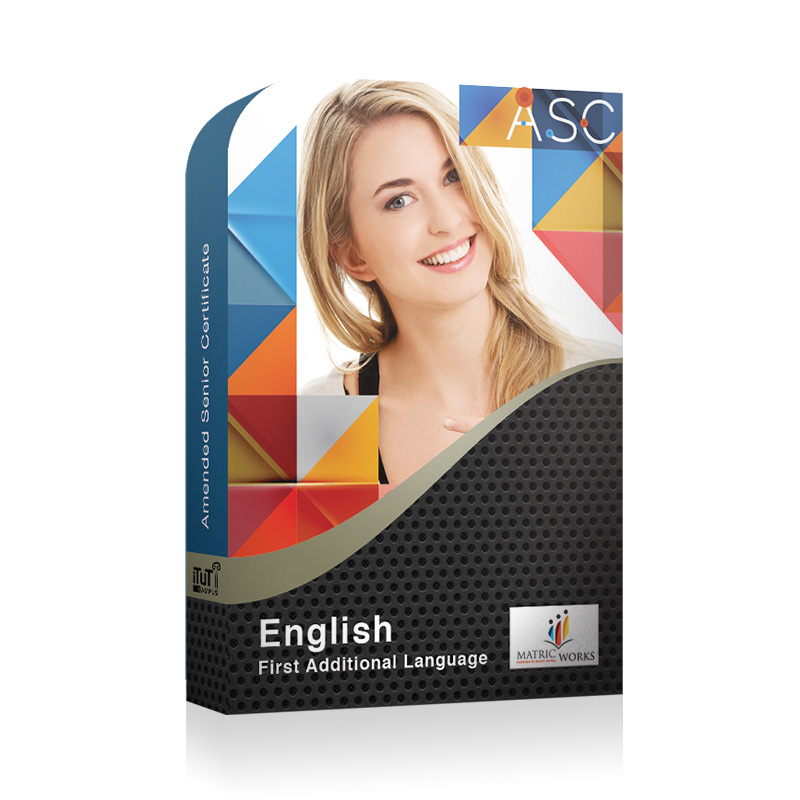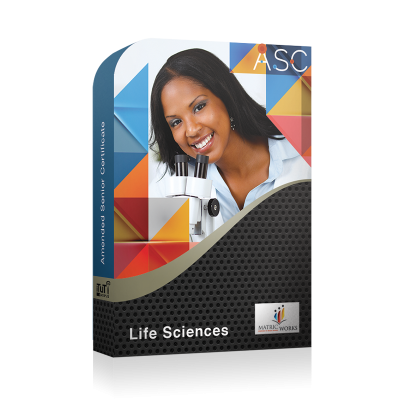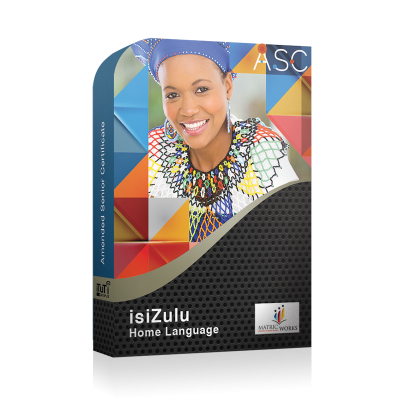ASC English – First Additional Language
Language is a tool for thought and communication. It is also a cultural and aesthetic means commonly shared amongst people to make better sense of the world they live in. English First Additional Language assumes that learners do not necessarily have any knowledge of English when they arrive at school. The focus in the first few years of school is on developing learners’ ability to understand and speak English. Literacy skills are then built on this oral foundation as learners’ progress through school.
To familiarise yourself with the curriculum outline in more detail, please click on the Curriculum Assessment Policy Statements (CAPS) as per the Department of Education.
If you are a private individual, choose this option if you want to enrol at a college to help you pass your Adult Matric.
If you are a business, choose this option if you want to offer Adult Matric to one ormore of your staff members.
Enquire aboutWorkplace ASC Courses
Language is a tool for thought and communication. It is also a cultural and aesthetic means commonly shared amongst people to make better sense of the world they live in. English First Additional Language assumes that learners do not necessarily have any knowledge of English when they arrive at school. The focus in the first few years of school is on developing learners’ ability to understand and speak English. Literacy skills are then built on this oral foundation as learners’ progress through school. The reality is, however, that many learners still cannot communicate effectively in English by the time they reach Grade 12. The challenge in Grades 10-12, therefore, is to provide support for these learners, at the same time as providing a curriculum that enables learners to meet the standards required in Grade 12. These standards must be such that learners can use English at a high level of proficiency to prepare them for further or higher education, as well as the world of work.

Additional information
| Learning Aims: | Learners are guided towards developing the following knowledge, skills and attitudes: 1. acquire English language skills necessary to communicate accurately and appropriately, taking into account audience, purpose and context |
|---|





